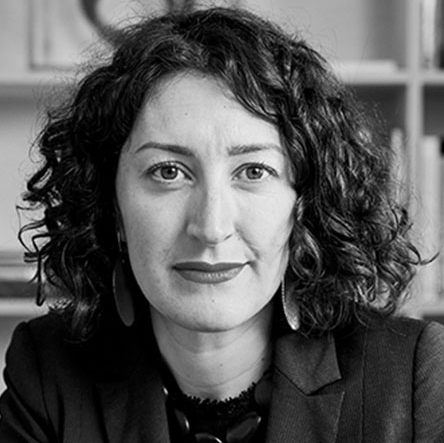
Angie Abdilla
Founder and Chief Executive Officer, Old Ways, New
Angie Abdilla is a Palawa (Trawlwoolway) woman who has been living and working in Sydney for over 15 years. Angie works with Indigenous cultural knowledges to inform placemaking, service design and the resulting deep technologies for both the public and private sectors.
Her published research on Indigenous Knowledge Systems, Robotics, and Artificial Intelligence was presented at the United Nations Permanent Forum on Indigenous Issues. Angie and Old Ways, New have published the co-edited book, Decolonising the Digital: Technology as Cultural Practice, and co-founded the pioneering international Indigenous Protocols and Artificial Intelligence symposium.
She previously lectured and led studios on Human/Technology inter-Relations and Futuring methodologies at the University of Technology Sydney and continues to publicly present on the topic. Angie is a Fellow of The Ethics Centre and holds a Bachelor of Arts in Communication from the University of Technology Sydney.
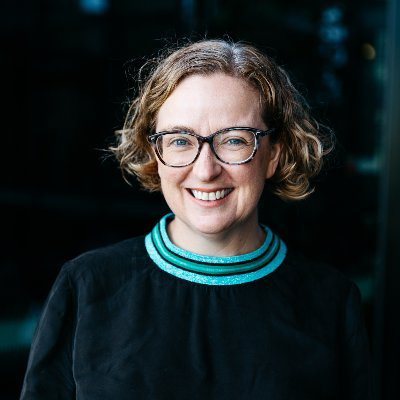
Dr Kristin Alford
Director, Museum of Discovery (MOD.)
Dr Kristin Alford is a futurist and the Director of future-focused museum MOD. at the University of South Australia where she leads a team developing immersive experiences that showcase research and innovation to young adults. This work has been recognized by awards from the Asia-Pacific Network of Science Centres and the Australian Museums and Galleries Association. She is currently President of the Australia Science and Technology Engagement Network (ASTEN), a member of the global Future-Oriented Museums Synergies Steering Committee, and on the Art & Culture Advisory Board for Lot Fourteen in Adelaide.
Kristin holds a PhD in process engineering from the University of Queensland and a Masters of Management in Strategic Foresight from Swinburne University. She has had various careers in engineering, human resources, strategy, and product development for companies including BHP Billiton, Ansett-Air New Zealand, the Royal Agricultural Society of Victoria and Nanotechnology Victoria as well as board positions with Study Adelaide, The Australian Institute for Urban Studies, Annesley College and ANAT. She was the inaugural licensee and host of TEDxAdelaide and lectured foresight and social change at the University of Adelaide.
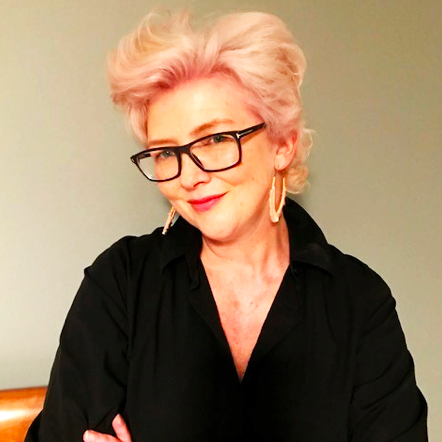
Jackie Coates
Head, Telstra Foundation
Jackie Coates is a corporate sustainability leader, passionate about the intersection of social innovation and digital technology. As the Head of the Telstra Foundation in Australia and Board Trustee of the Telstra Foundation Philippines, she manages a large philanthropic investment fund with a focus on technology for humanity. Strategic and entrepreneurial, Jackie’s work supports digital changemakers in the non-profit sector, as well as young digital makers in remote and regional Australia. Jackie is an advocate for the responsible and inclusive development of new and emerging technologies and encourages young people to create with, not just consume, tech. Feminist, mother, tech optimist, and grant-maker, Jackie juggles many balls and tries hard not to drop the glass ones.
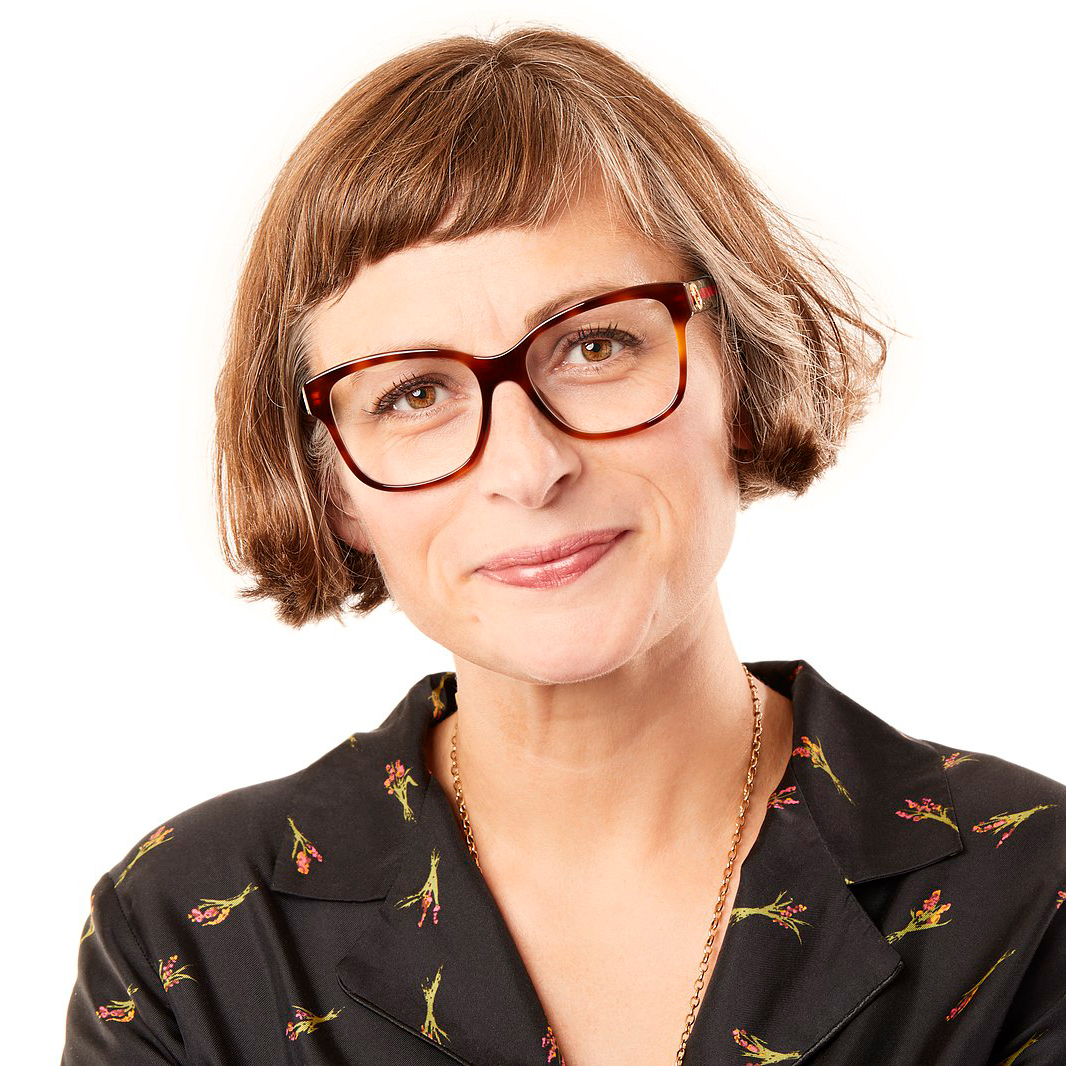
Rachel Coldicutt
Rachel Coldicutt is an expert on the social impact of new and emerging technologies, and director of research consultancy Careful Industries. She was previously founding CEO of responsible technology think tank Doteveryone where she led influential and ground-breaking research into how technology is changing society and developed practical tools for responsible innovation. Prior to that, she spent almost 20 years working at the cutting edge of new technology for companies including the BBC, Microsoft, BT, and Channel 4, and was a pioneer in the digital art world. Rachel is an advisor, board member and trustee for a number of companies and charities and a member of the Ofcom Content Board.
In 2019, Rachel was awarded an OBE in the New Year’s Honours for services for the digital society. She is currently writing a book about careful innovation.
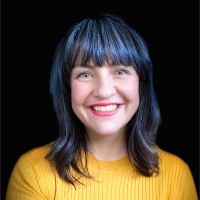
Amelia Crook
Head of Product, Traverse
Amelia Crook is leading the development of Traverse, a social enterprise startup being incubated by Australian Red Cross. Traverse is a digital verifiable credentialing tool designed to help for-purpose organisations achieve greater impact. The more skilled a purpose-led organisation’s workforce is, the greater their social impact. Traverse helps organisations make their training tangible and portable. Built from the ground up by Australian Red Cross, Traverse is a social enterprise startup that offers value to the for-purpose sector at every level, from the product itself to our business model and profits.
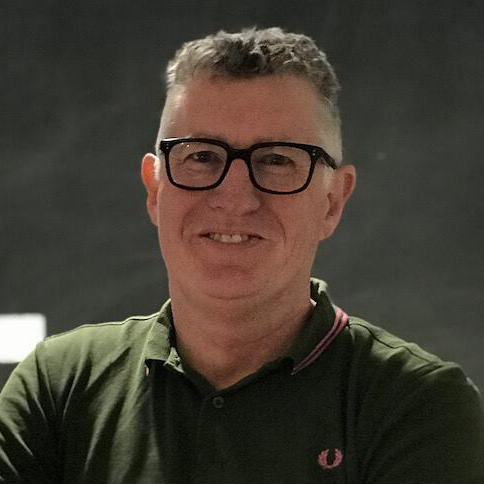
Nigel Dalton
Social Scientist, ThoughtWorks
Across his 35 years as a Social Scientist, technologist, evangelist, inventor, startup-tragic, researcher, and corporate executive, Nigel Dalton has seen the two circles of a 1980s Venn diagram labelled ‘business’ and ‘technology’ become one. We now live in the era of a socio-technological singularity. In this new world, where we are deeply reliant on machines, there are less code problems, and more people problems.
As a social scientist for ThoughtWorks, it is Nigel’s job to equip organisations with the tools and thinking that can accelerate them to become modern digital businesses – seamlessly managing online to offline in a post-customer, more human-centric world. New capabilities around speed to market, comfort with technology being at the core, use of experience design, applying data for intelligence-driven decisions, plus a productivity-centric delivery mindset, are all mandatory.
Nigel is currently writing a book, SuperProductive: startup to changeup to scaleup, where he makes the case for starting that capability leap with better management, to promote resilience, invention and operational excellence. It threads together the last two decades of his work at ePredix, a successful Silicon Valley dot com; the turmoil of transforming Lonely Planet from a book publisher to something relevant to 21st century travellers (clue: you learn a lot from failure); then 7½ years leading technology and R&D at REA Group in Australia.
Gifted the moniker ‘godfather of Agile’ in Australasia by ThoughtWorks' founder Roy Singham for the work done at Lonely Planet to build a diaspora of Agile people making work better globally, Nigel now also works within the Lean Management community, which grew from Toyota’s methods of making workplaces healthy and productive.
Outside of work Nigel maintains a strong interest in the people who have not harvested the web’s benefits in the last two decades, through his work supporting the teams at charities like Orange Sky Laundry, and Australia’s Flying Robot School.
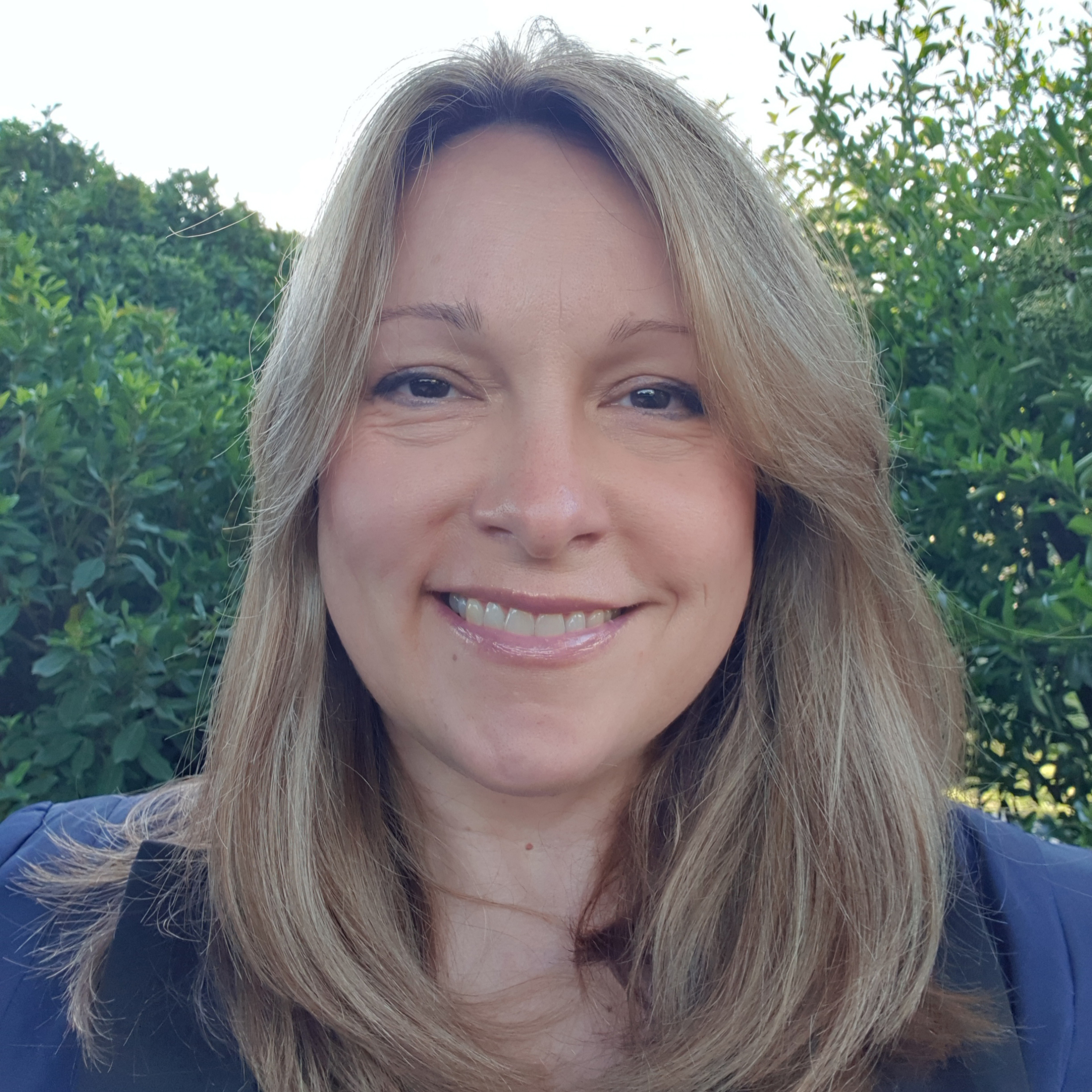
Louise Gray
Chief Operating Officer, CARE Australia and Trust Alliance Chair
Louise Gray joined CARE Australia in January 2016. She is the Chief Financial Officer and Company Secretary for CARE Australia and holds responsibility for human resources, business support, finance and information communication technology.
Louise is also the Chair of the Trust Alliance, a collaborative group of like minded organisations seeking to harness technology to address risks and achieve efficiency.
Over the course of her career, Louise has held senior positions in the Federal Government and not-for-profit sectors including as Chief Financial Officer of a major government department and Deputy CEO of a community organisation in Canberra. She also ran a successful consulting business for many years.
Louise has a BA Hons from the Australian National University, was a finalist in the 2000 Telstra Young Business Woman of the Year Awards and winner of an Australian Graduate School of Management scholarship.
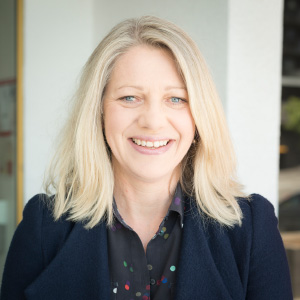
Penny Harrison
Director, Volunteering, Australian Red Cross
With over 22 years’ experience in executive and leadership roles in the humanitarian sector Penny Harrison is known for being curious, gathering insights from future trends and applying those in ways that deliver strategic innovation.
Drawing from her breadth of experience in Australia and internationally, along with good doses of passion and optimism, Penny strives to build collaborations across sectors including academic, business and not for profit with individuals and communities knowing that this is what it takes to effect system and social change. Penny is currently leading a social impact team delivering initiatives that remove barriers to volunteering and taking action for good, harnessing the transformational power of frontier technologies, and building collaborations and connections across communities to support people to act on and solve social issues they care about.
Penny has a background in international development and has worked across all regions and lived in a number of countries including Tajikistan, Afghanistan and Pakistan and holds a Master of Arts and Bachelor of Arts (Hons) both from Monash University.
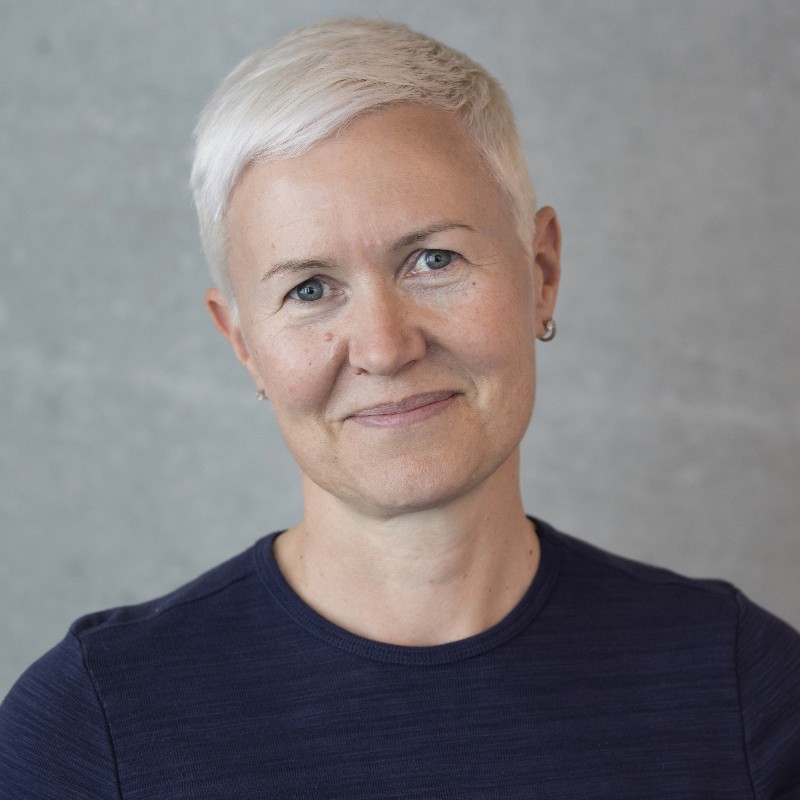
Jacqui Jones
Executive Director, The Constellation Project, PwC
Jacqui Jones is the Executive Director of the Constellation Project and a Director at The Impact Assembly at PwC. Prior to joining PwC she was the CEO of the Australian Business and Community Network (ABCN) a not for profit that creates partnerships between disadvantaged education and corporate Australia to improve education and employment outcomes for school students. Jacqui is committed to engaging diverse stakeholders in collaborations to drive systemic change and improve outcomes for disadvantaged communities.
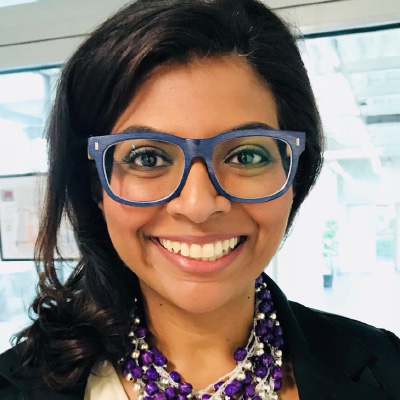
Aarathi Krishnan
Tech and Human Rights Fellow, Harvard Kennedy Carr Centre and Fellow, Berkman Klein Centre for Internet and Society - Harvard University
Aarathi Krishnan specialises in strategic foresight for the humanitarian and development sector. A seasoned expert with over 15 years experience globally, she works at the intersection of humanitarian and development futures, strategic foresight, and systems transformation.
A 2020-21 Technology and Human Rights Fellow at the Harvard Carr Centre for Technology and Human Rights, as well as a Berkman Klein Fellow at Harvard University, she researches and supports decolonisation of humanitarian digital policy and governance. She is also currently the Strategy and Foresight Advisor for UNDP, integrating strategic foresight for the Asia Pacific Bureau.
Previously she has supported a range of international humanitarian organisations on embedding institutional foresight and global strategy to drive institutional and systems transformation, including the UN Resident Coordinators, UNV, the World Bank, UNHCR, MSF, ICRC and IFRC.
She is specifically focused on decolonised and feminist futures. She writes and speaks publicly and can be found on Twitter at @akrishnan23 and on www.aarathikrishnan.com
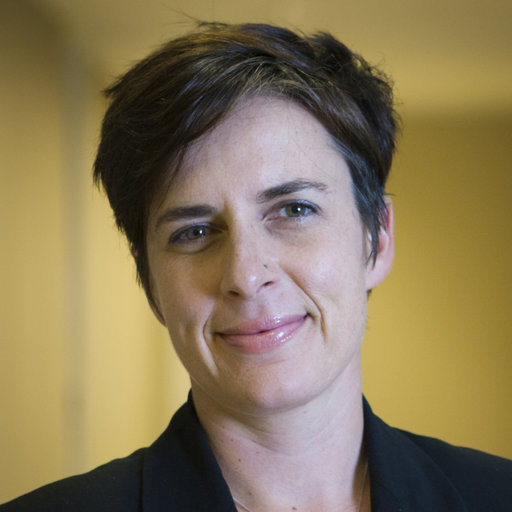
Dr Kobi Leins
Senior Research Fellow in Digital Ethics, Faculty of Engineering and Information Technology, University of Melbourne
Dr Kobi Leins is a Senior Research Fellow in Digital Ethics in the School of Engineering and a Non-Resident Fellow of the United Nations Institute for Disarmament Research.
Kobi is currently conducting research on the existing laws relating to cyber in Australia. One major challenge is a lack of understanding about what law already exists in Australia.
An example of this ignorance is the map created by Bundesverband der Deutschen Industrie (BDI) and Deloitte showing that Australia has “no dedicated cyber security law”.
In her pre-academic life, Kobi managed programs and teams in the areas of administrative law & justice, humanitarian law, human rights law, and disarmament with the United Nations and the International Committee of the Red Cross. In 2006, Kobi worked with the International Service for Human Rights in New York to advocate for the adoption of the Declaration on the Rights of Indigenous Peoples, after which she worked for the United Nations Secretariat. In 2005, she liaised with States, scientists and stakeholders to raise awareness of, and compliance with, the Biological Weapons and Chemical Weapons Conventions. In 2004, Kobi worked as a Legal Officer at the United Nations Compensation Commission in Geneva under the auspices of a Security Council Resolution analysing and presenting claims for environmental damage following Iraq's invasion of Kuwait in 1991, having escaped commercial law to do so. Kobi also prepared a matrix for review of domestic compliance with the Chemical Weapons Convention, which many States adopted. Kobi has submitted her PhD with the University of Melbourne on whether the use of nanotechnology enhanced or based weapons is prohibited or limited in an armed conflict.
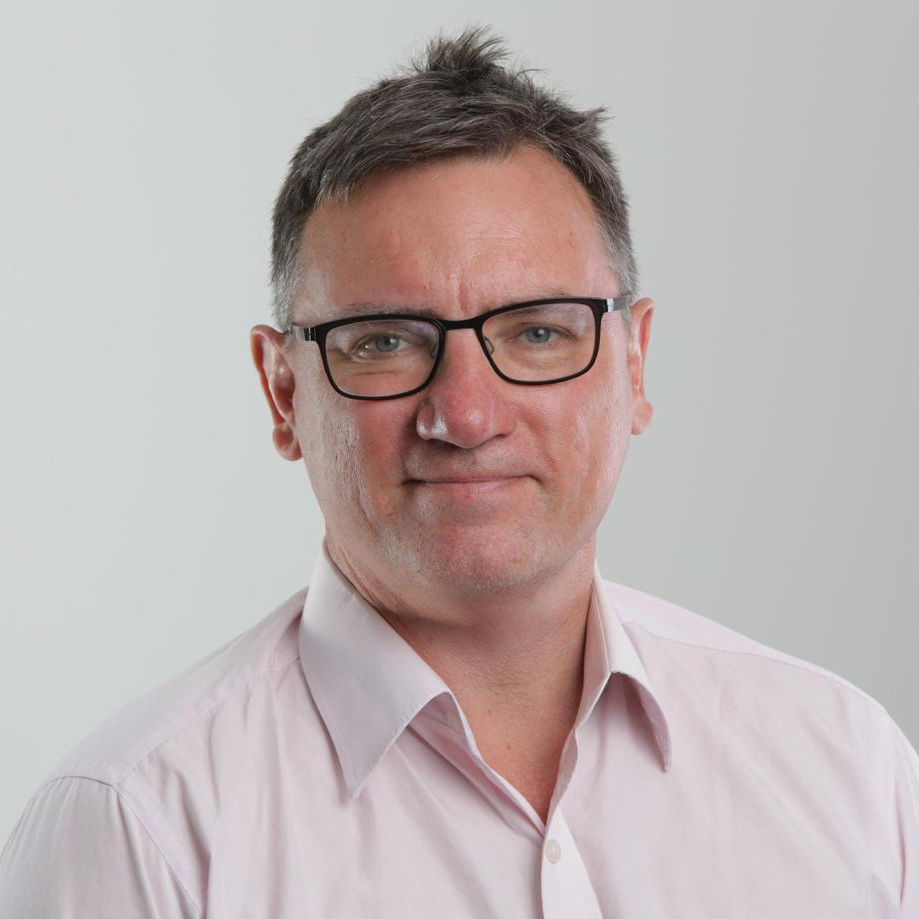
Peter Lewis
Director, Centre for Responsible Technology
Peter Lewis is one of Australia’s leading public campaigners with more than two decades' experience in media, politics and communications. As a principal of Essential Media, he has been behind some of Australia’s most successful and innovative campaigns including Every Australian Counts for the NDIS and Never Alone of the Luke Batty Foundation.
He oversees the fortnightly Essential Report and is a regular columnist for the Guardian Australia. In June 2019, he published Webtopia – The WorldWide Wreck of Tech and How to Make the Net Work (UNSW Press).
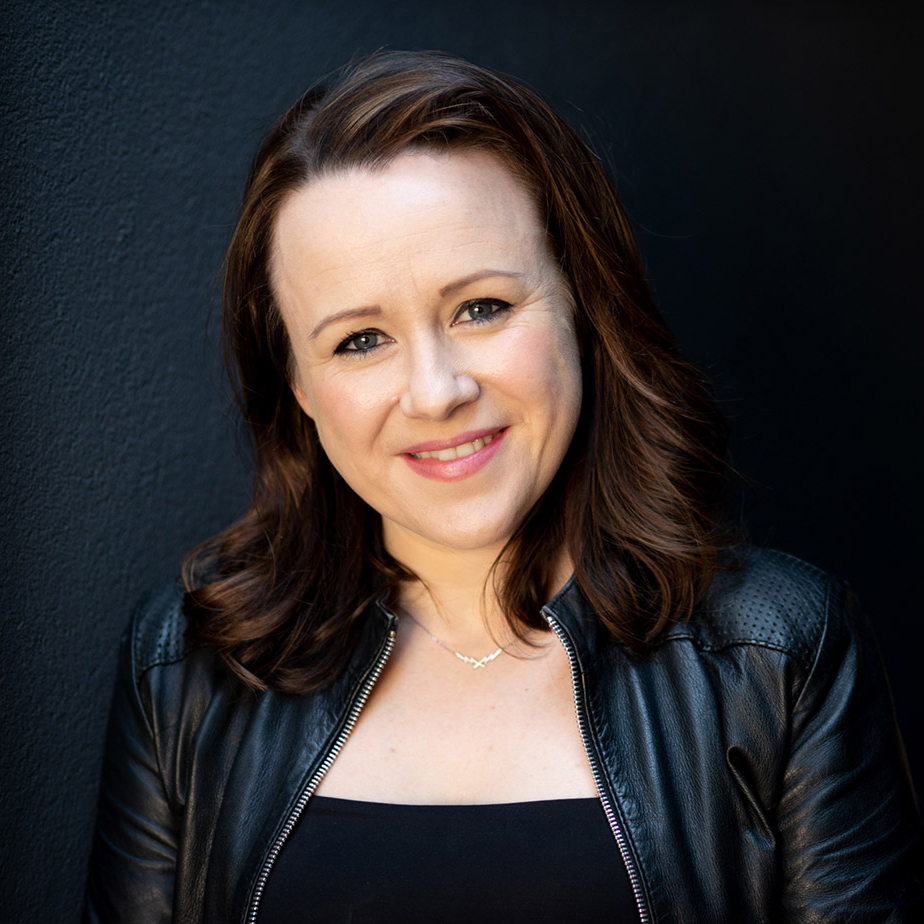
Lizzie O’Shea
Lizzie O’Shea is a lawyer, writer, and broadcaster. Her commentary is featured regularly on national television programs and radio, usually talking about law, digital technology, corporate responsibility, or human rights. In print, Lizzie’s writing has appeared in the New York Times, Guardian, and Sydney Morning Herald, among others.
Lizzie is a Founder and Chair of Digital Rights Watch, which advocates for human rights online. She also sits on the board of Blueprint for Free Speech and the Alliance for Gambling Reform. At the National Justice Project, Lizzie worked with lawyers, journalists and activists to establish a Copwatch program, for which she was a recipient of the Davis Projects for Peace Prize. In June 2019, she was named a Human Rights Hero by Access Now.
As a lawyer, Lizzie has spent many years working in public interest litigation, on cases brought on behalf of refugees and activists, among others. She was proud to represent the Fertility Control Clinic in their battle to stop harassment of their staff and patients, as well as the Traditional Owners of Muckaty Station, in their successful attempt to stop a nuclear waste dump being built on their land.
Her book, Future Histories (Verso, 2019), looks at radical social movements and theories from history and applies them to debates we have about digital technology today. It has been shortlisted for the Premier’s Literary Award.
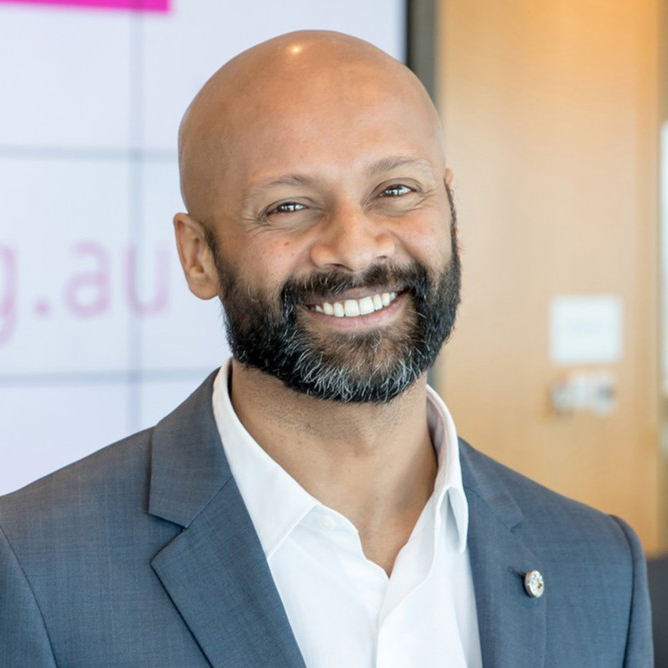
Mathan Ratinam
Lead Service Designer, Department of Premier and Cabinet (Vic)
For over a decade Mathan Ratinam has been working on complex problems using the strategic and tactical capacities of design. This has led to engagements with the White House during the Obama administration, the World Bank, various UN agencies, the US Dept of Defense and international NGOs. Mathan finds himself returning to large-scale civic challenges as it continually brings him into contact with incredible human beings.
Internationally, Mathan’s work with the World Bank (SDN, WBI, InfoDev, T&C) and the United Nations (UNHCR, UNWFP) focuses on climate innovation, entrepreneurship, innovation ecosystems, human and environmental security and social development. He serves on the Advisory Council for the Pacific Humanitarian Challenge, part of the Australian Governments Department for Foreign Affairs and Trade. In the United States Mathan has served on the boards of the Urban Assembly School of Emergency Management and Blue Ridge Foundation’s Significance Labs in New York.
Mathan’s other passion is education. Over the past 17 years he has held teaching appointments at universities in the United States (Columbia University and Parsons School of Design), Europe (TU Innsbruck) and Australia (RMIT and Swinburne University).
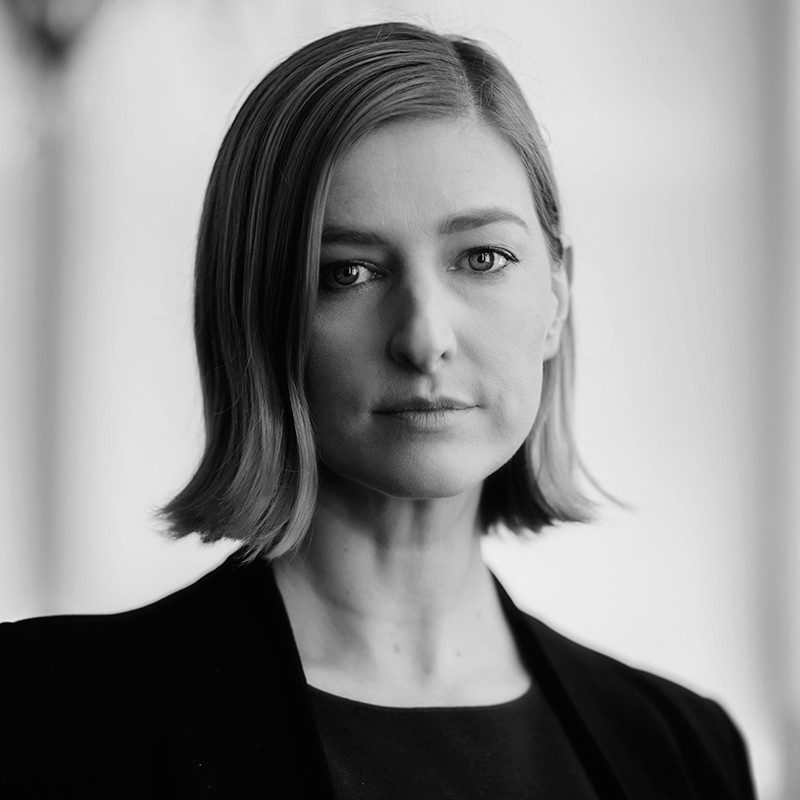
Ellie Rennie
Professor and Future Fellow, RMIT University
Professor Ellie Rennie is an ARC Future Fellow and Principal Research Fellow in RMIT's Digital Ethnography Research Centre. She is also a member of RMIT's Blockchain Innovation Hub and an Associate Investigator of the ARC Centre of Excellence for Automated Decision-Making and Society.
Ellie's current research is focused on social and governance questions arising from automation technologies, including blockchain. She is researching the Trust Alliance as part of her project 'Cooperation through code: The social outcomes of blockchain technology' (FT190100372). Her previous work spans community media, infrastructures and digital inclusion, particularly in relation to remote Australia and Indigenous communities.
Her book publications include: Wi-Fi (Polity, forthcoming, with Julian Thomas and Rowan Wilken), Using Media for Social Innovation (Intellect, with Aneta Podkalicka, 2018), Internet on the Outstation: The digital divide and remote Aboriginal communities (multi-authored, Institute for Network Cultures, 2016), Life of SYN: A Story of the Digital Generation (Monash University Press, 2011) and Community Media: A Global Introduction (Rowan & Littlefield, 2006).
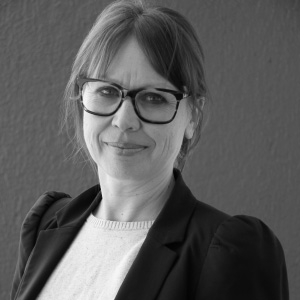
Amanda Robinson
Head of Social Innovation & Humanitech, Australian Red Cross
Amanda Robinson is the Head of Social Innovation & Humanitech lead at Australian Red Cross and has a keen interest in how frontier technology might help to solve complex social problems and drive humanitarian outcomes at scale.
Prior to Australian Red Cross Amanda has held senior roles developing and managing online products and marketplaces for SEEK, Yahoo, Lonely Planet and Sensis.
Amanda holds a Bachelor of Arts from University of Melbourne, a Masters of Marketing from Monash University and a Graduate Certificate of Social Impact from the Centre for Social Impact.
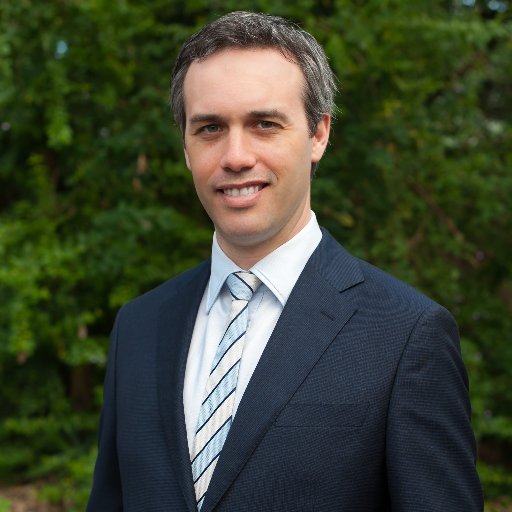
Edward Santow
Human Rights Commissioner, Australian Human Rights Commission
Edward Santow has been Human Rights Commissioner at the Australian Human Rights Commission since August 2016.
Ed leads the Commission’s work on technology and human rights; refugees and migration; human rights issues affecting LGBTI people; counter-terrorism and national security; freedom of expression; and implementing the Optional Protocol to the Convention Against Torture (OPCAT).
Ed’s areas of expertise include human rights, public law and discrimination law. He is a Fellow of the Australian Academy of Law, a Visiting Professorial Fellow at the University of New South Wales (UNSW), a member of the World Economic Forum’s Global Future Council on Human Rights and the Fourth Industrial Revolution, and serves on a number of boards and committees.
In 2009, Ed was presented with an Australian Leadership Award, and in 2017, he was recognised as a Young Global Leader by the World Economic Forum.
From 2010-2016, Ed was chief executive of the Public Interest Advocacy Centre, a leading non-profit organisation that promotes human rights through strategic litigation, policy development and education.
Ed was previously a Senior Lecturer at UNSW Law School, a research director at the Gilbert + Tobin Centre of Public Law and a solicitor in private practice.
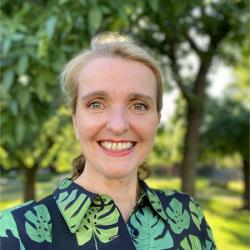
Jules Scarlett
Regional Affairs and Sustainability Executive, Telstra
Jules Scarlett is Telstra’s Regional Affairs and Sustainability Executive, a role that combines Jules’ deep strategic and leadership skills with her passion for climate action and creating a more equitable society. As the Chief Sustainability Officer at Telstra, Jules shapes and drives Telstra’s Responsible Business Strategy, building on Telstra’s reputation as a trusted, sustainable business. In her work across the company, Jules leverages Telstra leaders and teams to focus their tech expertise and plays a leadership role to promote digital inclusion and environmental action. Jules’ portfolio also includes Regional Affairs, a specialist team that works across Telstra to deliver better services, technology and connections that enable regional communities to thrive. Jules is proudly born and bred Tasmanian and bases herself in the region. Bringing more than 20 years telco experience to her role, Jules has enjoyed executive roles in Telstra’s InfraCo, wholesale, security and customer experience teams. Jules has also led Telstra’s Crisis Management Team and Chaired Telstra’s Ethics Committee. Jules holds a Bachelor of Arts with a degree of Bachelor of Laws (Honours) with a major in philosophy. Jules’ is also a proud Mumma Bear to two young boys and loves to create travel experiences near and far that enrich the lives of her family and friends.
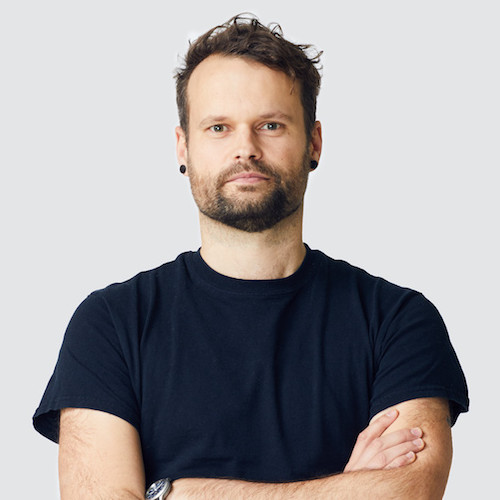
Ben Shaw
Product Manager, Ask Izzy at Infoxchange
For the last decade and a bit, Ben Shaw has been managing the scoping, design, and delivery of inclusive and accessible products and services across government, education, commercial, and the not for profit sector. Whatever the context or scale, Ben’s focus is always on how to deliver authentic value to users, mindful of the harms that can come from a “technology first” or “highest paid person’s opinion” approach.
Ben considers himself extremely privileged to be working at Infoxchange - a not for profit that has pursued "Technology for Social Justice" for over 30 years. As a product manager, Ben's main responsibility is to guide and support the development of a number of community products, including Ask Izzy - a free website that can help anyone find essential services in their local area such as housing, food, health care and counselling. Over 10,000 Australians a week use this platform, and demand is growing steadily. Working and designing with the community was the key to Ask Izzy's initial success, and a critical part of how decisions are made about Ask Izzy's future growth and development.
Outside of work, Ben helps to run the Brunswick Tool Library - a place to borrow tools and share knowledge and skills with neighbours, as well as an ever-evolving experiment in community-run sharing economies.
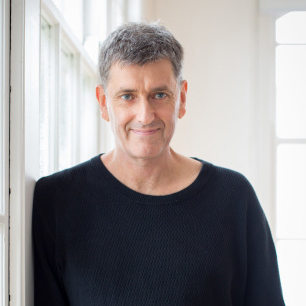
Bill Simpson-Young
Co-founder and Chief Executive, Gradient Institute
Bill Simpson-Young is co-founder and Chief Executive of Gradient Institute, a non-profit research institute with the purpose of progressing the research, design, development and adoption of ethical AI systems.
Bill has spent his career so far in computer technology research and development working in teams of researchers, software engineers and product designers to develop novel techniques, technologies and products and get these into widespread use.
He started as a software engineer and research assistant in machine learning (ML), working on the c4.5 library, one of the world’s first ML technologies used commercially. He has led R&D for global technology companies (Canon and Unisys) and government-funded research institutions (CSIRO and NICTA) and been on the executive teams of three leading Australian science and technology organisations (CiSRA, NICTA and CSIRO’s Data61).
Until 2018, he was Director of Engineering and Design at Data61 where he led a team of 100 data scientists, engineers, user experience designers and product managers, developing new techniques, technologies and products. This included work in areas including ML (including ethically-aware ML), data privacy, computational law, geospatial systems and more.
He designed and taught a Masters course in IT Innovation at University of Sydney for seven years to 2016 covering topics such as technology life cycles, disruptive innovation, open innovation, open source strategies, organisational culture for innovation and innovation ecosystems. He has sat on several government data-related committees influencing approaches to data sharing, data privacy, data analytics and open data as well as advisory groups at two Australian universities. He has degrees in computer science, history of art and cognitive science.
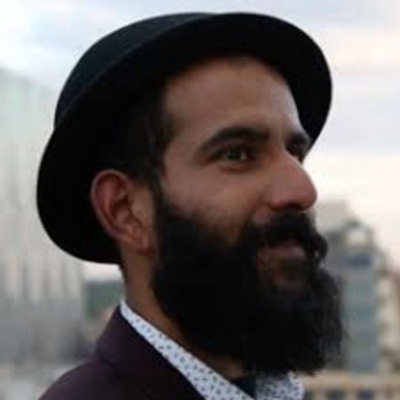
Rahul Soans
Co-founder, Disruptive Business Network
Rahul Soans is an Engineer with a Masters in International Business. He started his career as a project manager in the telecommunications industry, and after coming to his senses, he fell into the social enterprise and startup world in Melbourne. He has cut his teeth working for startups, founded a consulting company and now runs The Disruptive Business Network, an event series and consulting service that looks at how new ideas and technology are changing business. He was also the co-founder of Balancing Act, a consultancy that equipped purpose-driven businesses and organisations from the human rights and human services sectors with the tools and knowledge to transform, innovate and create services that advance human rights.
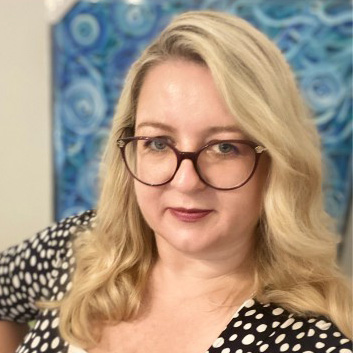
Tamara Somers
Senior Specialist, Telstra Sustainability Centre of Excellence (CoE)
Tamara Somers is a Senior Specialist in Telstra’s Sustainability Centre of Excellence (CoE) and is responsible for a number of organisation-wide sustainability programs, including Human Rights, Responsible Business issues and Telstra's annual Bigger Picture Sustainability Report. With nearly 20 years' experience, Tamara’s career has included senior leadership roles in Environmental, Social and Corporate governance; international diplomacy, and exec roles in government departments and the private sector. Working to champion and embed sustainability principles in complex operating environments, Tamara has a deep understanding of stakeholder and risk management and the social and environmental issues shaping our world. Her work made a valuable contribution to Telstra receiving the highest company ranking in the World benchmarking Alliance’s 2020 Digital Inclusion benchmark. Most recently, Tamara led Telstra’s work to develop its first AI policy and framework, working closely with Telstra technology leaders and AI sector experts. Collaborative, curious and a tech optimist, Tamara is passionate about promoting responsible digital citizenship and the role businesses can have to drive positive social and environmental impact.
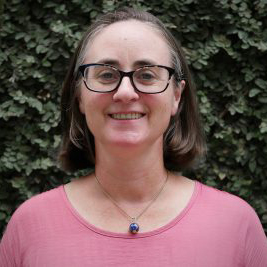
Anthea Spinks
Program Director, Oxfam Australia
Anthea Spinks is currently the Program Director for Oxfam Australia. Anthea has close to 20 years of experience working in international programmes with much of her early career focused on humanitarian and conflict affected contexts. With a commitment to social justice, gender and human rights driving all her work, Anthea joined Oxfam Australia in 2016.
Prior to her current role, Anthea worked for World Vision for over 10 years and has covered emergencies in Nepal, Haiti, South Sudan, Democratic Republic of the Congo and Myanmar, Horn of Africa, Southern Africa, Mali and Niger.
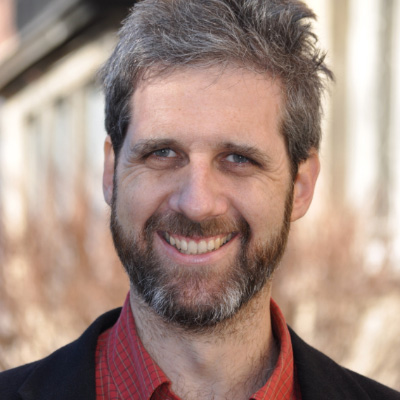
Pablo Suarez
Associate Director for Research and Innovation, Red Cross Red Crescent Climate Centre
Pablo Suarez is associate director for research and innovation at the Red Cross Red Crescent Climate Centre, as well as visiting fellow at Boston University, and artist in residence at the National University of Singapore. He has consulted for the United Nations Development Programme, the World Bank, Oxfam, and about twenty other international humanitarian and development organizations, working in more than 60 countries. His current work involves creative approaches to climate risk management – ranging from self-learning algorithms for flood prediction, to collaboration with humorists to inspire thinking and action. Pablo holds a master’s degree in planning, and a Ph.D. in geography.
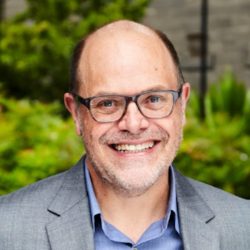
Julian Thomas
Director, ADM+S Centre
Distinguished Professor Julian Thomas is the Director of the ARC Centre of Excellence for Automated Decision-Making and Society. He is a researcher in digital media and the internet, with particular interests in communications and information policy, digital inclusion and inequality, and the history of communications technologies. Julian’s recent work includes the Australian Digital Inclusion Index (2016-2020), Internet on the Outstation (Institute of Network Cultures, 2016), and The Informal Media Economy (Polity, 2015).
Julian is a member of the Council of the Australian Academy of the Humanities, a Board member of the Australian Communications Consumers Action Network (ACCAN), and an Advisory Board member of Humanitech, an initiative of the Australian Red Cross.
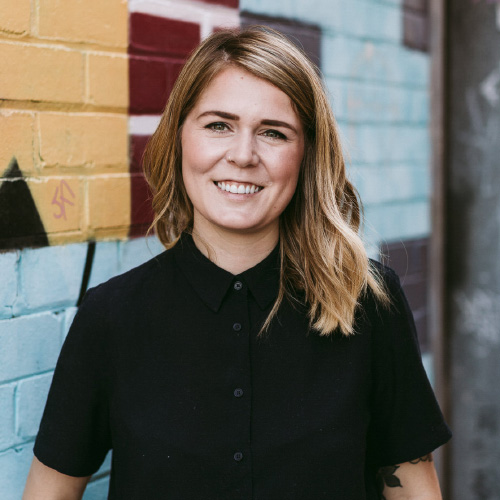
Ally Watson
CEO and Founder, Code Like a Girl
Ally Watson is the Scottish-born, Melbourne based CEO and Founder of Code Like a Girl – an award winning social enterprise that empowers and supports women and girls to enter and flourish in the world of tech. As a vocal champion for change in the traditionally male-dominated tech sector, Ally brings her years of experience as a software engineer to inspire and educate more young women to join the industry, one piece of code at a time.